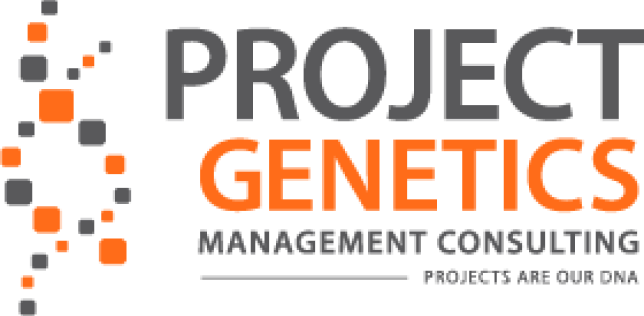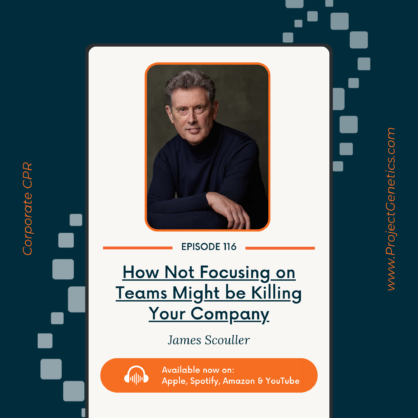Corporate CPR Episode 44: Why Adopting AI is Critical to Your Company’s Future with Guillaume Herve
On today’s show, we discuss why adopting AI is critical to the future of your company.
Guillaume Herve, co-founder and CEO of Zetane Systems, is a serial corporate entrepreneur who brings 25 years of leadership experience from technology-driven industries, including aerospace, healthcare, defense and modeling and simulation. He was President and CEO of Presagis, Founder and CEO of CAE Healthcare, held various senior leadership roles at CAE Inc., is a highly sought-after consultant in strategic planning and innovation, and successfully published Winning at Intrapreneurship. Guillaume has also been very active mentoring founders of technology start-ups at FounderFuel, Techstars, Concordia District 3, and CTS Health and is Chairman of the Board of CTS Health and CMLabs.
Key Takeaways:
What is AI?
- Wide field that has been around for a long time. Started with basic statistics. Evolved into machine learning and deep learning.
- Massive models ingesting data to identifying patterns to predict outcomes.
- No independent thought. Can only do what it is trained to do, not react to unexpected input.
In the customer service space, how well does AI work at determining tone?
Culture is a big piece. The AI will have to be trained in differences in geographical regions. That is very difficult and limited in scope.
Three important things to consider in the early stages of deciding to use AI in your company:
- Clear use case. Have a clear situation that you are trying to solve. Is AI the right tool for this, or is there a better solution?
- Proof of concept. Start with a small dataset and see if AI will give the expected outcome.
- Risk analysis. The decision makers that understand the real world consequences of AI failure need to be involved in the process and feel secure at deployment that all of the risks have been addressed when developing the AI solution.
Should AI be an internal or external process?
There is a lot of open source material available, providing companies better access to get started. There are models developed by researchers available for free that can be used as a great starting point. However, you will need employees that understand how to use them. A company could choose to:
- Build its own AI teams internally
- Decide on the use case, and then outsource the AI solution building
- Have a combination of a small AI team internally that will work with an external team
What are some key failure points?
Explainability – Risky use cases for AI need better explanation. Unlike software development, we can’t go to lines of code to explain behavior. We need to be able to explain its decision making to those in charge of the task it will do.
Robustness – We have to understand that AI is not perfect. It needs to be as good or better than a human at a particular task, while being faster and cheaper. Executives need to understand when it will work and when it will fail
Top 3 takeaways for businesses regarding AI:
- Move quickly. Get informed and understand what it can and cannot do.
- Be cautious about how to implement in your company.
- Don’t make the mistake of letting your team or consultants develop in a vacuum. Involve the decision makers in the process and get the buy-in along the way. 80-85% of AI projects are never deployed, mainly because of lack of buy-in.
Connect with Guillaume Herve
Company website: https://zetane.com
Email: guillaume@zetane.com



